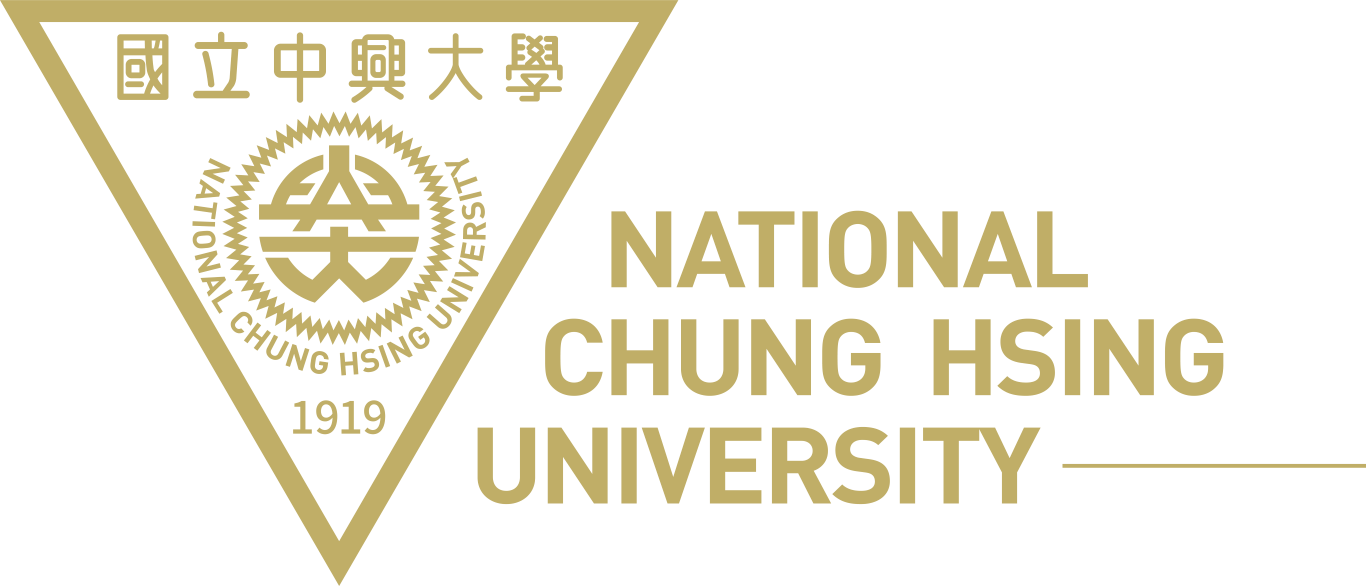To apply for retirement, faculty members must submit a photocopy of their household registration transcript, postal savings passbook cover, and designated civil service pension account passbook cover; the original copy of their teaching certificate (if certified to teach at multiple levels of education, all valid certificates); and a 1-inch photo.
To apply for survivor’s benefits, the family of the deceased faculty member need to submit the original copy of a death certificate or a household registration transcript indicating the faculty member’s death, the household registration transcript indicating each surviving family member’s right to inheritance, and a transcript of each eligible family member’s individual household registration. A photocopy of the chief beneficiary’s bank account passbook (must be a postal savings account or designated civil service pension account) and proof of burial/cremation are also required.
To request an extension of service, the provisions of the NCHU Directives Governing the Extension of Service by Professors and Associate Professors apply.

